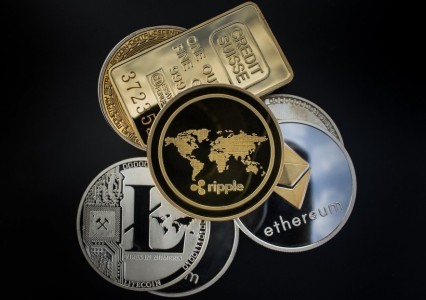Ripple Stablecoin Enters Beta Testing; Company Owes $125 Million in XRP Case

Ripple announced on August 9 that it has advanced its upcoming stablecoin, Ripple USD (RLUSD), to the beta testing phase.
The company said beta testing marks a “significant milestone” and called it a step toward new institutional use cases for users, developers, and applications.
Ripple said that the beta phase will involve rigorous testing and will ensure that RLUSD meets security, efficiency, and reliability standards. The stablecoin must also obtain regulatory approval prior to launch.
Ripple’s partners are currently testing the stablecoin on the XRP Ledger and Ethereum mainnets. Ripple could extend RLUSD to new platforms in the future.
The stablecoin is not yet available for purchase or trading.
Ripple previously unveiled the dollar-pegged stablecoin in April and projected a launch by the end of 2024. RLUSD will be fully backed by U.S. dollar deposits, short-term U.S. government treasuries, and other cash equivalents. A third-party accounting firm will perform reserve audits and Ripple will publish monthly attestations.
Ripple To Pay SEC $125 Million
News about the upcoming stablecoin comes alongside an important legal development related to the company’s past sales of the cryptocurrency XRP.
In a judgment on August 7, a court ordered Ripple to pay $125 million in civil penalties to the U.S. Securities and Exchange Commission (SEC). The judgment also describes several injunctions.
The SEC previously sought higher penalties of $2 billion.
Ripple CEO Brad Garlinghouse commented that the final penalty is 94% lower than the amount the SEC previously sought. He said that Ripple respects the court’s decision and believes the outcome gives the company the clarity it needs to expand.
Garlinghouse added:
“This is a victory for Ripple, the industry, and the rule of law. The SEC’s headwinds against the whole of the XRP community are gone.”
The SEC originally advanced charges concerning Ripple’s XRP sales in 2020. In 2023, a judge ruled that Ripple’s programmatic sales, including exchange sales, did not violate securities regulations. However, the judge ruled that Ripple’s institutional sales of XRP violated those regulations.
The SEC originally named Garlinghouse and another Ripple executive, Chris Larsen, as defendants alongside Ripple itself. The SEC dropped charges against both individuals in an October 2023 filing.



